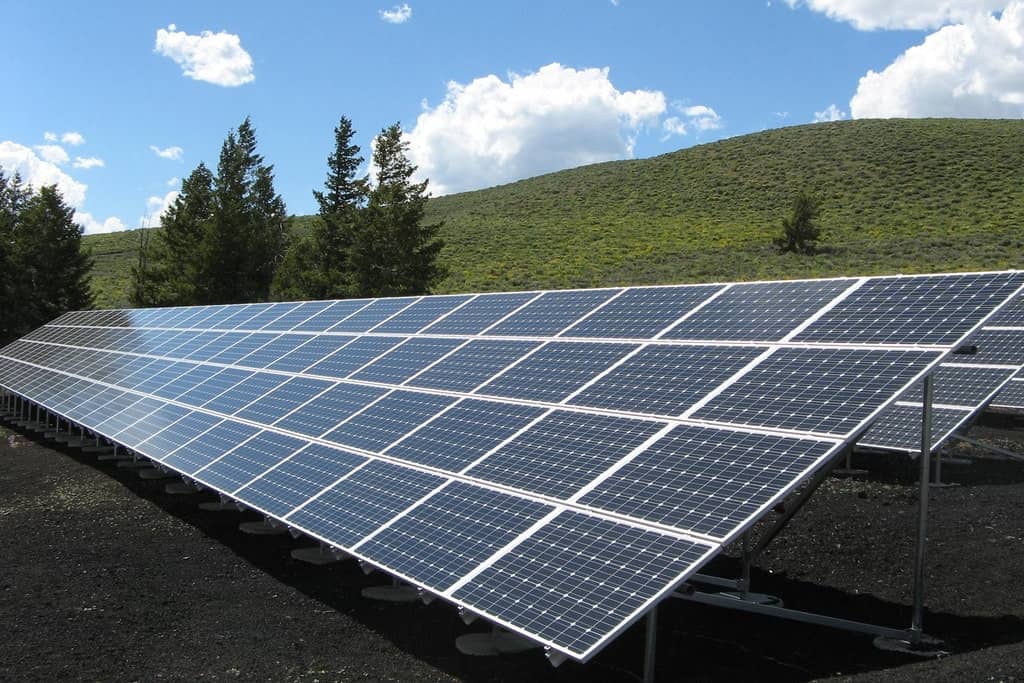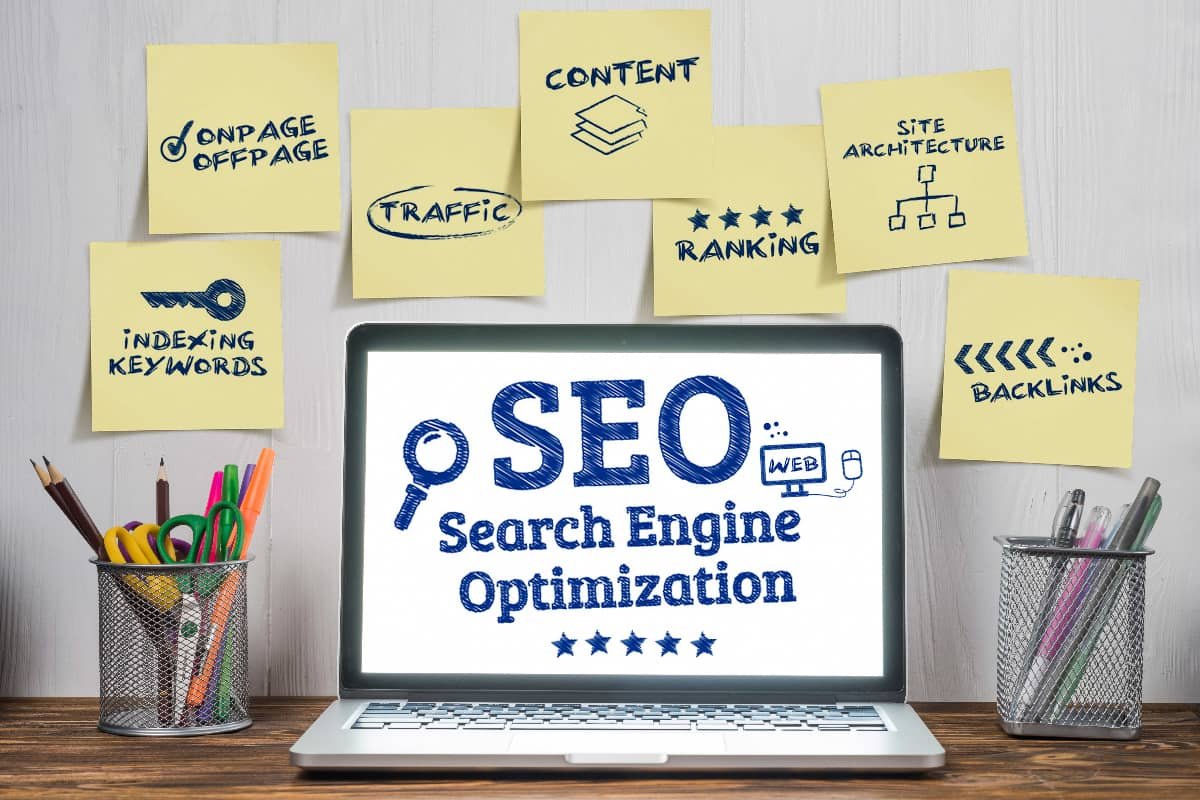Discover the advantages and disadvantages of solar power energy. From renewable and clean energy to initial costs and variable weather impact, make an informed decision about solar.
Solar power energy works by capturing the energy from the sun through solar panels, which are typically mounted on rooftops or in open fields. These solar panels contain photovoltaic cells that convert the energy from the sun into direct current (DC) electricity.
This DC electricity is converted into alternating current (AC) electricity through an inverter, making it usable for homes and businesses. Solar power energy can also be stored in batteries, allowing energy usage during low sunlight or at night.
With advancements in technology and decreasing costs, solar power is becoming an increasingly attractive option for residential and commercial use.
Solar Power Energy
Who could harness solar power in two primary ways, warming waters (Solar Power Energy) or converting sunlight into electric power (Solar energy)?
Here is a quick look at the main advantages and disadvantages of Solar Power Energy, an environmentally friendly power source that includes solar photovoltaics and solar thermal.
Benefits of Solar Power Energy
Solar energy is available completely free. There is an initial capital cost; however, the energy generated by the sun will cost you nothing once you’ve invested.
There’s no way to charge you for sunlight, and the sun’s power is plentiful. Even in the middle of winter, we’re blessed to enjoy some natural light due to the sun’s rayons.
Although it might not be sunny every day, we’re still experiencing the sun’s radiation, including those who could benefit from it for alternative energy sources.
#1. Safety
It’s a safe alternative to non-renewable fossil fuels and nuclear power. It will never be shut off, and it’s completely silent.
Who can take solar energy everywhere without creating an environment with noise that might cause a disturbance to wildlife and neighbours?
It is a reality anywhere the sun’s rays are out. Whatever the distance the sun’s rays are, it can provide energy that can be used to generate no other power source.
#2. The money you spend is efficient.
Solar photovoltaics remain expensive. However, our technology is increasing, and out-of-the-box production costs are decreasing.
Furthermore, solar warm water solar sections have been greatly improved recently, and with shorter payback periods for systems for homes, they will not be less than five years.
While coal, coal, and oil prices continue to rise, solar power is an affordable and secure alternative.
We live in uncertain times and are increasingly dependent on fossil fuels from overseas places we’re not able to have any control over.
The disadvantages of Solar Power Energy
Supply continuity. The people who reside and work in the United Kingdom may have noticed that the sun isn’t shining for eight hours a day. However, the most modern technology permits the sun’s energy to be harnessed at lower levels.
There’s also the possibility of developing hybrid systems of alternative energy that combine wind and solar energy.
#1. Cost
Even if solar power is an option that can be used for mains electricity, the initial capital expense might be prohibitive for a significant portion. There are a variety of grants and loans that are available.
Until today, these haven’t been enough to motivate the typical purchase of technology.
#2. Visual impact.
Sections can cause a lot of noise and may reduce the attraction of structures and landscapes.
Most of us recognize that spending money on an object of historical aesthetic, social, or value that includes many solar panels isn’t right.
The structure’s visual impact is diminished as technology advances and sections’ dimensions, and appearance improve.
#3. Location is essential.
Proper placement of solar sections is crucial; however, not every structure can benefit from solar panels.
In the ideal scenario, the sections should be facing south to get Free Content and shouldn’t be vulnerable to any shade.
Conclusion
The use of solar panel energy is not only financially beneficial but also has a positive impact on the environment.
By harnessing the sun’s power, solar energy helps reduce greenhouse gas emissions and dependence on non-renewable resources.
It is a clean and sustainable energy source that can help mitigate the effects of climate change.
As more individuals and organizations invest in solar energy, we can move towards a more sustainable and eco-friendly future.
- What Artificial Intelligence Could transform education in 2021
- 3. Information Technology Learning Techniques To become an IT expert
- Top 8 Benefits of Cloud Services to Small Business
For more Technology News Updates and Information about Solar Power Energy, Visit Ebuzz Spider and Follow us on Facebook.

























